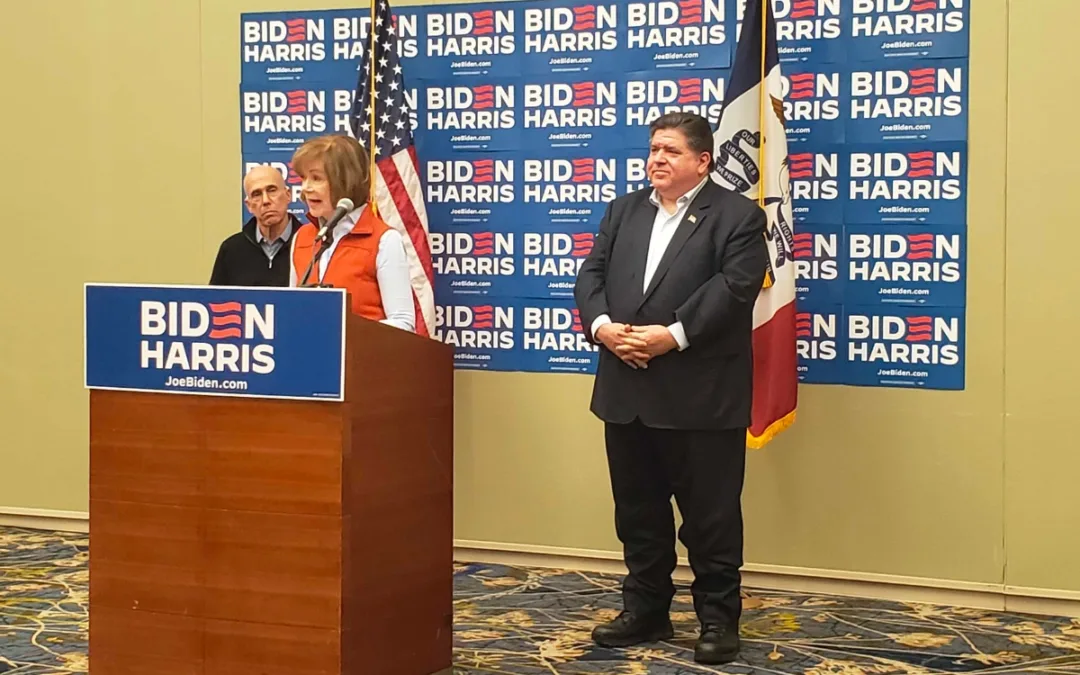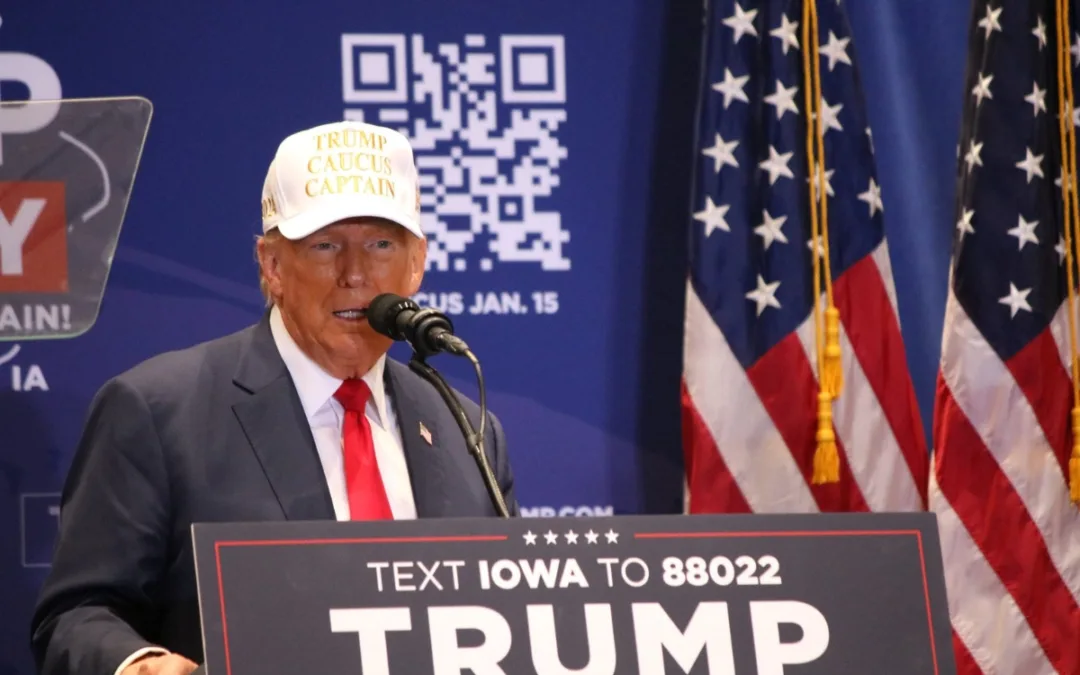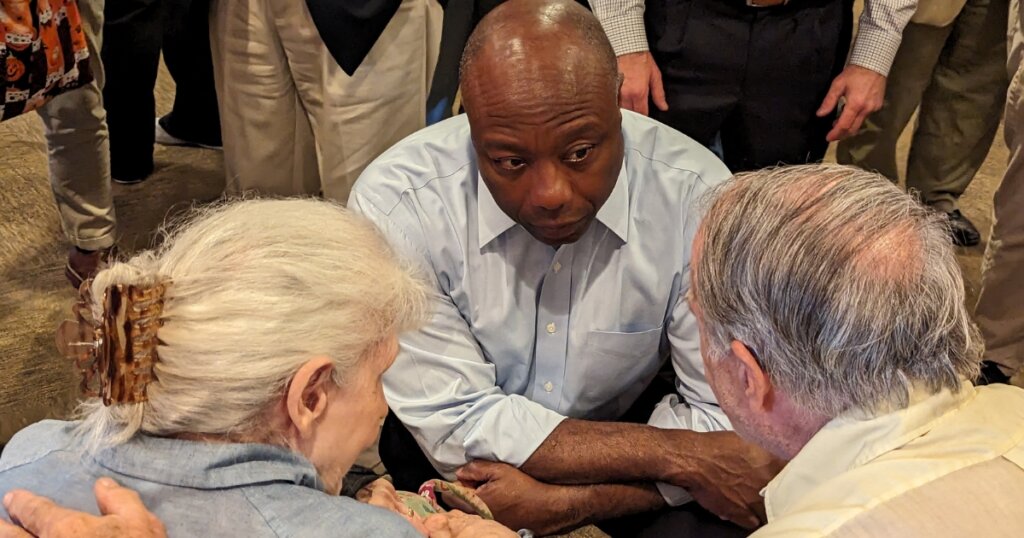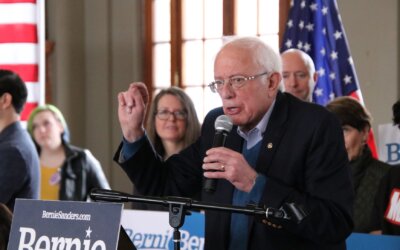
The health care discussion in the Democratic presidential primary has been dominated by Medicare for All.
Candidates are asked to pick a side, tell voters how they would pay for it and how universal coverage would affect the country’s private health insurance industry.
But there are many other aspects of health insurance, access and services that matter to the broader debate. At this point, most candidates have their health care policies fleshed out, and there are some interesting pieces spread throughout the differing plans.
Let’s take a look at some of the unique policy proposals buried in candidates’ policy rollouts:
Cutting Pharma-Advertising Tax Credits
A handful of candidates, like California Sen. Kamala Harris and Vice President Joe Biden, have proposed cutting tax credits for pharmaceutical companies that spend money on advertising.
Between 1997 and 2016, a medical marketing study found health care spending rose from an annual $17.7 billion to $29.9 billion. According to the 2019 study, about $20 billion worth of health care marketing is aimed at persuading physicians to prescribe their products.
Pharmaceutical advertising became much more aggressive in the 1990’s when Perdue Pharma launched expansive ad campaigns about the benefits of treating chronic pain with opioids. The Centers for Disease Control and Prevention say opioid prescriptions and overdose deaths quadrupled between 2000 and 2015. Between 1999 and 2017, some 399,000 opioid overdose deaths occurred.
[inline-ad id=”0″]
Due to the opioid epidemic, state legislators, members of Congress and presidential candidates have talked about ways to regulate the industry and avoid more overdose deaths, while also working to assist individuals, families and communities as they recover.
Biden consistently refers to tax credits drug companies receive for advertising expenditures, noting they spend less on research and development. At the July AARP forum, Biden talked about his plan to disincentivize advertising by not rewarding their spending.
Take Patents From Abusive Companies
The high price of prescription drugs has been a huge part of the health care discussion in the 2020 election cycle. It dominated the AARP candidate forums and has sparked some aggressive policy stances from the candidates.
New Jersey Sen. Cory Booker says he will put legislation in place to take patents away from drug companies that charge a higher price to U.S. consumers than those in other countries, or if they’re prosecuted for price fixing. By taking patents away, Booker’s plan aims to open more competition for drug pricing.
His patent-revoking process would include an investigation into market manipulation to be certain the company was not making an unnecessary profit from the drug.
This approach combats a few problems other candidates also have addressed. Drug patents are a barrier to cost reduction because as long as one company controls the patent, they can set the drug’s price, even for live-saving, necessary medicine.
Minnesota Sen. Amy Klobuchar also has highlighted big pharma’s “pay-for-delay” practices, wherein companies pay off generic competitors to keep their product off the market.
Pharmaceutical regulation will be an ongoing conversation beyond the election, especially as drug companies find themselves involved in a number of lawsuits. The Sackler family, who own Perdue Pharma and Mundipharma, are in the midst of a lawsuit that could force them to declare bankruptcy, sell both their companies and payout $10-12 billion in settlements. Twenty other companies are being sued by 43 states, plus Puerto Rico, over charges of conspiring to fix drug prices, which resulted in 1,000% cost increases for consumers.
[inline-ad id=”1″]
An Auto-Opt-In Plan
While the Medicare for All plans have drawn heat for aiming to eliminate private insurance, other candidates have created plans allowing for a Medicare option, while still ensuring all Americans have health insurance.
Former Texas congressman Beto O’Rourke’s plan, “Medicare for America,” is an opt-out program.
Under O’Rourke’s plan, anyone without health insurance, or with insufficient coverage, would be enrolled in Medicare automatically. It also would immediately enroll everyone covered under the Affordable Care Act, Medicare and Medicaid, as well as newborns. However, it would work similar to a public option, so you could choose whether or not to enroll.
Flat Salary For Doctors
Andrew Yang has proposed doctors move away from the ‘fee-for-service’ pay model and receive flat-salary contracts instead. On his website, Yang says the current incentives for health care providers do “not align with providing quality, efficient care.”
The Cleveland Clinic, an example of the flat-salary model, is one of the top-ranked hospitals in the country. Implementing that strategy has “led to a hospital where costs are visible and under control, redundant tests are at a minimum, and physician turnover is much lower than at comparable hospitals,” Yang said.
This piece of his plan goes hand-in-hand with his priority to provide a holistic approach to health care by bringing in doctors to look at both physical and mental health. Yang talks often about the quality of life measurements we ignore, and hopes addressing some of those issues will increase Americans’ quality of life, life expectancy and address health issues that were previously ignored.
Secure, Expand EPA & FDA Funding
Marianne Williamson has made America’s “sickness care” system a talking point on the campaign trail and the debate stage, to some notoriety.
Part of her plan includes increased funding for the Federal Drug Administration and Environmental Protection Agency.
To help address drug regulations and pricing, Williamson proposed expanding the ability of the FDA and EPA to keep toxins out of our environment and food supply. Not only does Williamson want to see a limit to the harsh chemicals used in food and household items, but she also wants to limit processed, sugary foods in children’s diets and the advertising of those products.
Her website states: “From environmental policies, to chemical policies, to food policies, to agricultural policies, to animal policies, to pharmaceutical policies, the health of the American people should be of greater concern to the U.S. government than the profits of corporate entities too often not held accountable for the toxicity their products produce.”
By Josh Cook
Posted 9/2/19

Original, heels or boots: Pritzker says leading Republicans are all MAGA
Illinois Gov. JB Pritzker said all three leading candidates in the Iowa GOP caucus—Donald Trump, Nikki Haley, and Ron DeSantis—represent the same...

Trump tells supporters it is worth dying to caucus for him
Former President Donald Trump continues to encourage his massive base to turn out in droves for him during Monday’s Republican caucus and told an...

Climate change protesters disrupt Ron DeSantis event
Climate protesters disrupted a Gov. Ron DeSantis campaign event in Ames on Thursday night. Three protesters were escorted out of the room at...

Evangelical leaders predict huge caucus turnout, downplay endorsements
Iowa caucus candidates have racked up big-name endorsements—including a notable last-minute flip flop—but one evangelical leader said none of that...

We went to Vivek Ramaswamy’s ‘Vektoberfest.’ Here’s what we saw
As I sat on a park bench eating a bacon-grilled cheese sandwich, drinking an Exile Ruthie straight from the tap, and chit-chatting with a few folks,...

Tim Scott says kids need more exposure to conservatism
While many Republicans across the country have spent the last few years arguing that public schools are being used to indoctrinate kids into leftist...




